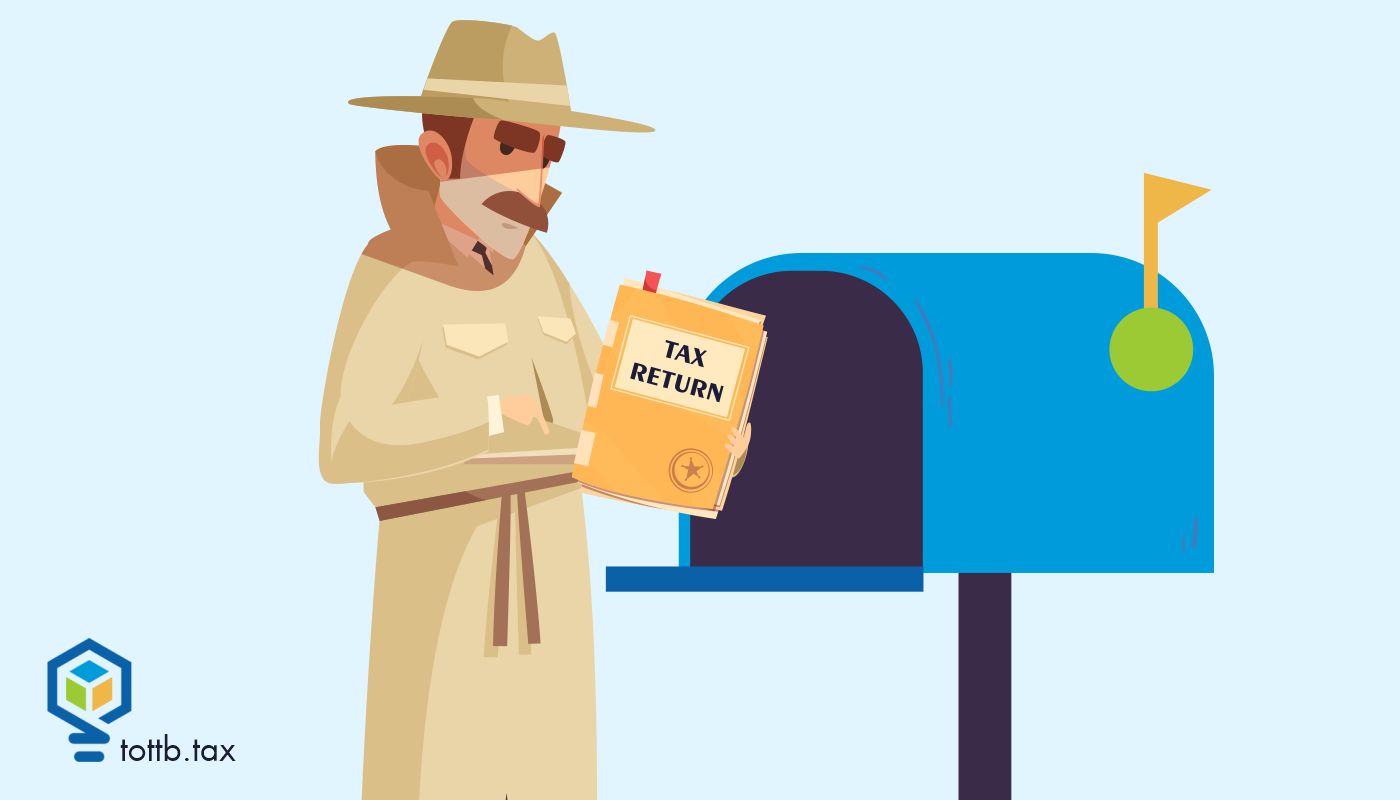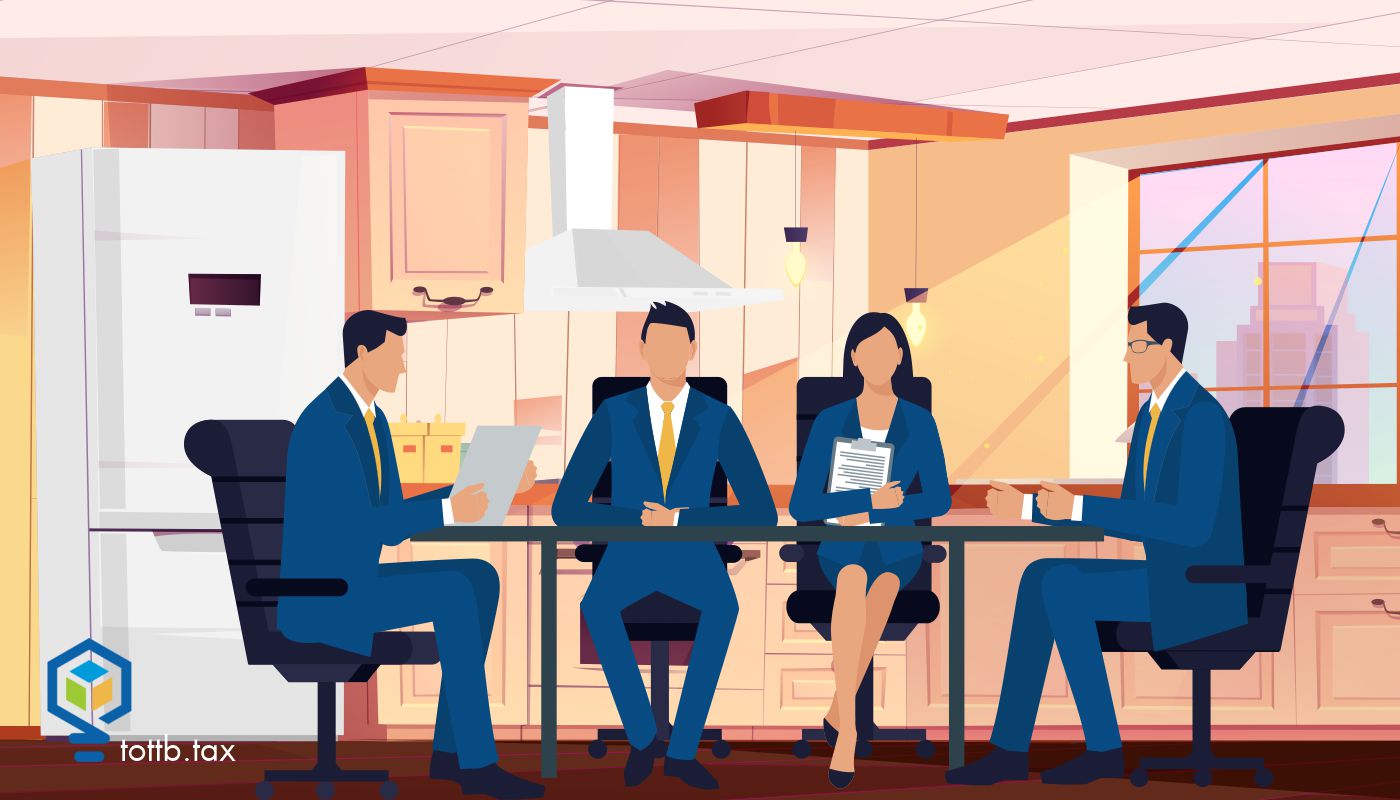CURRENT EDITION

Intentionally Filing a Defective Tax Return
Creativity on a tax return is a natural tendency. Many strategies and behaviors we know are wrong, e.g. not reporting all income. However, is it ever okay to disregard some deductions and pay more tax? At first glance, it would seem that the IRS should like the idea of more reported income and a higher tax liability attached to the additional income. The IRS does not.
READ MORELooking Bad for Investors in Syndicated Conservation Easements
Albert Lauber, my favorite Tax Court judge, gave us an opinion in February that paints a detailed picture of the workings of a syndicated conservation easement. In the end, he supports the findings of the Senate Joint Finance Committee that the engine of these abusive transactions is an inflated appraisal. In November, David Gustafson issued an opinion that exposed the financial engineering techniques that promoters engaged in. We’ll take a look at those, but first I would like to give you an overview, because we may need that to figure out the lessons to be learned.
Read MoreAvoid IRS Red Flags in Multiple Business Strategies: A Guide for the Wary Tax Business Owner
In the labyrinth of tax planning and business structure, the path to protecting your client’s multiple business strategy from the ever-watchful eye of the IRS can be as intricate as a well-played game of chess. However, while the strategic moves might be complex, the rules of the game are quite clear. Today, let’s dissect these rules with a blend of cautionary tales and cheeky wisdom, ensuring your business maneuvers stay sharp and IRS-compliant. Ever heard of the tax strategy to just “create a new C corporation” and shift income by paying management fees from your main company? Well, so has the IRS, and they are highly skeptical when they see it in the field. The Aspro, Inc. v. Commissioner case serves as a stark reminder for taxpayers about the importance of meticulous documentation and the strict adherence to IRS guidelines for deducting management fees. Aspro, an Iowa-based C corporation in the asphalt-paving business, faced scrutiny over its practice of paying "management fees" to its shareholders, which the IRS and subsequent court rulings reclassified as non-deductible disguised dividends.
Read MoreThe Role of Webinars in Accountants’ Marketing and Sales Efforts
In modern business, accountants face a dual challenge: They must maintain a firm grasp of financial intricacies and regulatory frameworks and navigate the increasingly competitive marketing and sales landscape. As traditional methods evolve, entrepreneurial accountants must leverage innovative marketing tools to bolster their outreach and attract clientele. Webinars have emerged as a powerful medium among these marketing tools, offering a dynamic platform for education, engagement, and lead generation. Herein, I will explore the fundamental role of webinars in accountants’ marketing and sales efforts, shedding light on their benefits, strategies, and best practices.
Read MoreNavigating the Plagiarism Minefield: Strategies and Solutions for Certified Tax Planners
In the AI era, especially with tools like GPT, plagiarism isn't just copying another's work, but also presenting AI-generated content as one's unique thought without understanding or modifying its output. It's about intent and attribution. If someone blindly takes an AI's output and presents it as their own, especially in professional or academic settings, it can be considered a form of plagiarism. For certified tax planners, understanding and addressing this nuanced form of plagiarism is crucial for maintaining professional integrity and credibility.
Read MorePoor Tax Judgement Turns Junk Call Gold into Lead
Everything becomes a tax story eventually. That is what provides me with a lot of "I was today years old" experiences as tax stories are the one thing that I follow religiously. So I first learned about the field of Telephone Consumer Protection Act (TCPA) litigation from reading the proposed findings and recommended dispositions in the case of Ruben Escano v. Innovative Financial Partners LLC and Josh Benson. Innovative Financial Partners is a subsidiary of Humana.
Read MoreTAX COURT ROUNDUP – May 2024
What one Judge called "the wrinkled skin of tax law" is on display in US Tax Court again. This month was a technician's bento box, a variety.
Read More2024 Summer Education Series Event Calendar
We are so excited to announce the 2024 Summer Education Series! All summer long we will be bringing our loyal subscribers monthly webinars featuring some of the brightest minds in tax. Each webinar will feature our usual blend of high-quality education and entertainment and include continuing education credits for those who qualify. All of this is included in your regular subscription! Continue reading to see what we have in store...
Read MoreWorking With the IRS Now
The IRS has spent the past several months crowing about the relative ease of filing season 2023 and improvements the service has made on behalf of American taxpayers. Filing season 2024 opened on Monday, January 29 with Commissioner Danny Werfel thanking the tax professional and assuring us that “your efforts make a difference, not just for your clients, but for the IRS and the entire nation.” Despite Werfel’s rose-colored press releases, there’s still plenty of room for improvement, especially on the tax-professional-facing side of the service.
Read MoreNOT A MEMBER YET?

SUBSCRIBE TO GET ALL OF OUR
GREAT ARTICLES AND RESOURCES!
CURRENT EDITION

Intentionally Filing a Defective Tax Return
Creativity on a tax return is a natural tendency. Many strategies and behaviors we know are wrong, e.g. not reporting all income. However, is it ever okay to disregard some deductions and pay more tax? At first glance, it would seem that the IRS should like the idea of more reported income and a higher tax liability attached to the additional income. The IRS does not.

Side Hustles and Tax Tussles: Tax in the Gig and Share Economy Part Two
The gig economy involves more than one-off and part-time jobs. It also includes when you share your property in exchange for money. This can be a residential property, a vacation home, or even a vehicle. The gig economy has connected those who need rides and places to stay with owners via online platforms. We refer to this part of the gig economy as the share economy.
Accessing these accommodations is easy with the online platforms. But how the people participating should report their income isn’t quite as straightforward. Last time we looked at how your clients should report gig income, just like any other income made as a sole proprietor.
But making money from renting your property out is different, right? If you have clients with rental properties, you report their income on Schedule E (1040), Supplemental Income and Loss. We know from last time that we report gig economy income on Schedule C (1040), Profit or Loss from Business. So, how does rental income derived from the share economy get reported on a tax return? Every taxpayer’s favorite answer, it depends.

Loose Change in Your Couch and Maybe a Tax Break at Your Kitchen Table
A 2023 Tax Court decision upheld what many small business owners and tax practitioners have wondered about for some time. The court found that shareholders of an S corporation could exclude rental income paid to them by their S corporation for holding planning meetings in their homes. While the IRS and court found that the amounts charged by the shareholders were excessive, the court found the arrangement itself within the bounds of the law.
This article examines this case and underlying law and when and how this is a planning idea worth pursuing, the limitations and unknowns involved, and the policy implications of this long standing exclusion. The case is Sinopoli, TC Memo 2023-105 involving the exclusion at IRC Section 280A(g).








